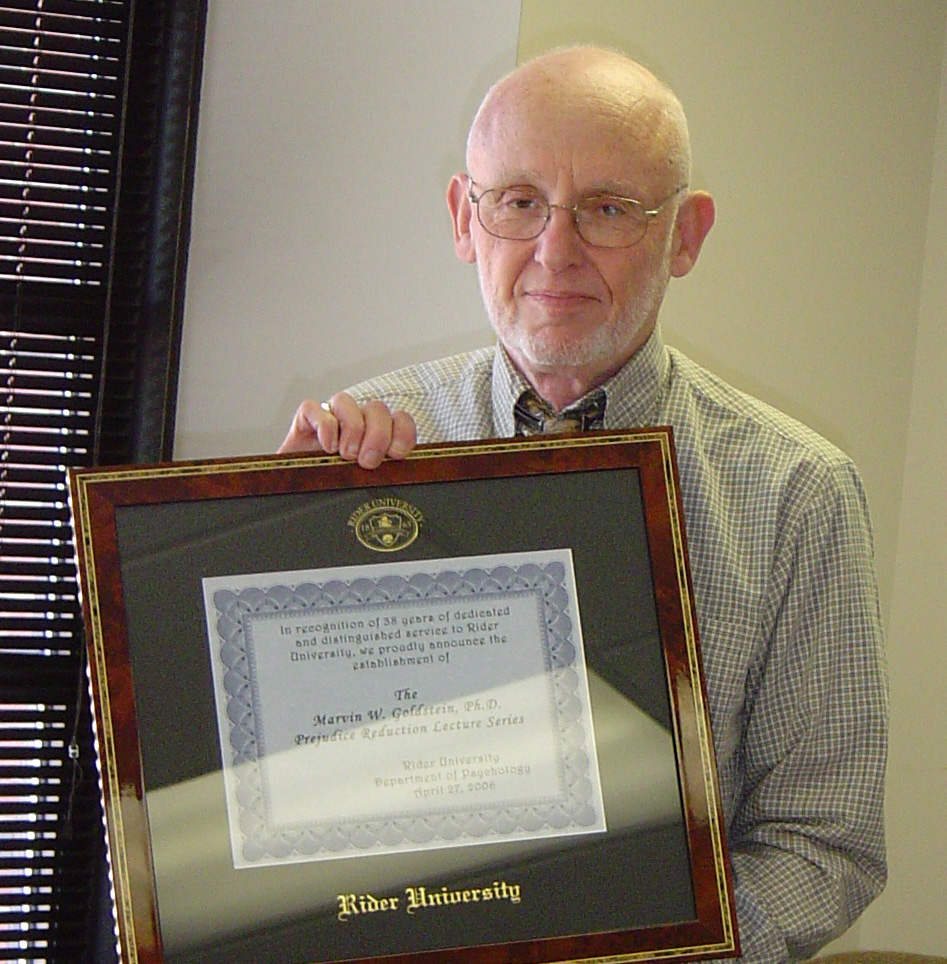This endowed lecture series honors the 38-year career of Marvin W. Goldstein, Ph.D., associate professor-emeritus of the Rider University Psychology Department and Co-Director of The Julius and Dorothy Koppelman Holocaust/Genocide Resource Center. These lectures have focused on the significant negative consequences of intolerance for individuals, our communities and the nation.
The discipline of psychology provides insight into the forces that influence the development of prejudice and discrimination, as well as the means to diminish prejudice and discrimination. The goal of the Psychology Department, with the establishment of our lecture series and co-curricular events, has been to bring psychology alive for students with cutting-edge research into these important social and psychological dynamics. Every fall semester we host a series of events to engage students, and especially to provide our first-year Psychology majors with an engaging introduction to the role of psychology in addressing real-world issues.
The cornerstone of these events is the “Goldstein lecture” where we invite a prominent scholar to come to campus for a public lecture. This event is open to all members of the Rider community. For our first-year Psychology majors, we integrate the lecture into their introductory course in Psychology, and join them in a series of co-curricular events. Each speaker is invited to contribute a reading from their own scholarship, and faculty integrate this reading, as well as a viewing of a film that reflects the theme of prejudice, into their course.
Goldstein Speaker Lectures

Mahzarin R. Banaji, Ph.D., Harvard University
Lecture Topic: Blindspot: Hidden Biases of Good People
Professor Banaji studies thinking and feeling in social situations, especially thoughts and feelings that reflect potential implicit biases. Her current research is focused on using knowledge of implicit biases to improve individual decisions and organizational policies. She is a co-author of Blindspot: Hidden Biases of Good People.
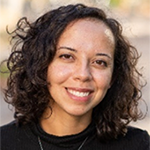
Rebecca Carey, Ph.D., Princeton University
Lecture Topic: Examining Social Class as Culture and Identity
Using a sociocultural approach, Dr. Carey investigates how experiences of societal and economic adversity impact people’s close relationships, and how close relationships, in turn, can impact socioeconomic disparities in health and well-being.

Margaret Bull Kovera, Ph.D., John Jay College of Criminal Justice at the City University of New York
Lecture Topic: Racial Disparities in the Criminal Justice System: Prevalence, Causes and a Search for Solutions
Dr. Kovera’s research focuses on the legal system and addresses issues of eyewitness identification, jury selection, racial bias in the criminal justice system and the behavior of judges, attorneys, police officers, witnesses and jurors. She has authored and edited a number of books including The Psychology of Juries, Children, Social Science and the Law, and Evaluating Eyewitness Identification.

Michelle Gelfand, Ph.D., University of Maryland
Lecture Topic: The Secret Life of Social Norms
Dr. Gelfand’s research is interdisciplinary, bridging the management and psychological worlds together. More specifically, her work is focused on cultural norms, negotiation, conflict, revenge, forgiveness and diversity. She is the author of the highly acclaimed book Rule Makers, Rule Breakers: How Tight and Loose Cultures Wire Our World.

Dolly Chugh, Ph.D., New York University
Lecture Topic: The Person You Mean to Be: How Good People Fight Bias
Dr. Chugh’s research is focused on unconscious bias and how and why most of us, however well-intended, are still prone to race and gender bias, as well as what she calls “bounded ethicality.”

Corinne Moss-Racusin, Ph.D., Skidmore College
Lecture Topic: Identifying and Reducing Gender Bias in STEM
Her primary research interests include stereotyping processes and diversity science, gender roles, and implicit social cognition. More specifically, she studies the ways in which stereotypes shape behavior, social judgments, and self-regulation, and how these in turn impact intergroup relations and the equitable treatment of stigmatized group members within institutions. She also works on interventions designed to reduce bias and promote parity.
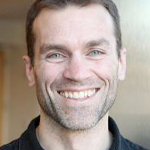
Emile Bruneau, Ph.D., University of Pennsylvania
Lecture Topic: Putting Science to Work for Peace
Dr. Bruneau’s research was concerned with meta-perceptions, which concern how someone believes their enemy sees them – beliefs that are often harsher than reality. He then used this information to build interventions to counter these beliefs. In addition, he used brain imaging to study the brains of people on opposite sides of conflicts, such as Israelis and Palestinians or Republicans and Democrats.

Laurie Rudman, Ph.D., Rutgers University
Lecture Topic: Cognates and Mental Ruts; Causes, Consequences, and Remedies for Implicit Racial Biases
Dr. Rudman examines implicit (or indirect) ways of assessing attitudes, stereotypes, self-concept, and identity. Her research also focuses on prejudice and employment discrimination, particularly with respect to gender and ethnicity. She was awarded the Gordon Allport Intergroup Relations Prize (with Eugene Borgida) for research examining the effects of sexist advertising on men's behavior toward female job applicants.
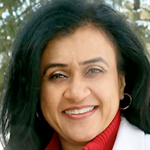
Khyati Joshi, Ph.D., Fairleigh Dickinson University
Lecture Topic: Racial Formation, Religious Identity & Discrimination in 21st Century America
Dr. Joshi explores the intersecting issues of race, religion and immigration in the United States with a focus on promoting cultural and religious pluralism in the U.S. Her publications include White Christian Privilege: The Illusion of Religious Equality in America, and she is an author and co-editor of Teaching for Diversity and Social Justice, a book often used by diversity practitioners and social justice scholars.
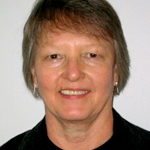
Kay Deaux, Ph.D., City University of New York
Lecture Topic: Immigration, Diversity and the American Dream
Dr. Deaux examines the question of how social categories affect one’s psychological makeup, social behavior, and life outcomes. She served as President of the Society for the Psychological Study of Social Issues in 2004–2005 and President of the Association for Psychological Science (formerly American Psychological Society) in 1997–1998.
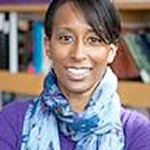
J. Nicole Shelton, Ph.D., Princeton University
Lecture Topic: Worlds Apart: Asymmetrical Goals and Experiences in Interracial Interactions
Dr. Shelton examines social interactions between Whites and ethnic minorities. She explores how prejudice and interpersonal concerns about issues of prejudice influence the dynamics of intergroup interactions. She also investigates how situational factors influence the development and maintenance of cross-racial friendships.
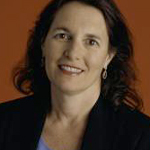
Melanie Killen, Ph.D., University of Maryland
Lecture Topic: The Origins of Stereotyping and Prejudice
Dr. Killen’s research interests include children’s and adolescents’ social and moral reasoning, intergroup relationships and attitudes, and how diversity in social experiences is related to reasoning about exclusion and intergroup bias. Dr. Killen has served as a consultant for a federal initiative on interventions designed to reduce prejudice and to promote inclusion in U.S. elementary schools.

Samuel Gaertner, Ph.D., University of Delaware
Lecture Topic: Prejudice Among the Well-Intentioned
Dr. Gaertner is interested in intergroup relations and in particular, how prejudice, discrimination and intergroup conflict can be reduced. He received the 1986 and 1998 Gordon Allport Intergroup Relations Prize (together with John Dovidio, University of Connecticut) awarded by the Society for the Psychological Study of Social Issues (SPSSI). In 2004 he was also awarded the Kurt Lewin Memorial Award (with John Dovidio) by SPSSI for “outstanding contributions to the development and integration of psychological research and social action.”

Joshua Aronson, Ph.D., New York University
Lecture Topic: Stereotypes and the Nature and Nurture of Intelligence
Aronson’s research focuses on the social and psychological influences on academic achievement. Aronson is internationally known for his research on “stereotype threat” and minority student achievement, research that offers a strong challenge to traditional, genetic explanations of why African Americans and Latinos perform less well on tests of intelligence than their White counterparts, and why women trail men in hard math and science.
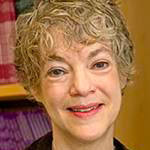
Susan Fiske, Ph.D., Princeton University
Lecture Topic: Perils of Prejudice: Universal Biases in Mind, Brain, & Culture
Susan T. Fiske investigates emotional prejudices (pity, contempt, envy, and pride) at cultural, interpersonal, and neural levels. Her expert testimony in discrimination cases was cited by the U.S. Supreme Court in a 1989 landmark decision on gender bias.
The First-Year Forum on Prejudice Reduction
The culminating event is a Forum on Prejudice Reduction, which consists of a dinner with roundtable discussions for first-year students with faculty. At the event, students are seated in small groups with an upper-class Psychology mentor and a faculty member from the department. Our goal is to provide a personal introduction to their chosen major and to engage in deep conversation about the lecture, film, and reading. Students enjoy meeting faculty and mentors in this informal setting, and we enjoy introducing ourselves to our new students, and engaging them in meaningful discussions.










